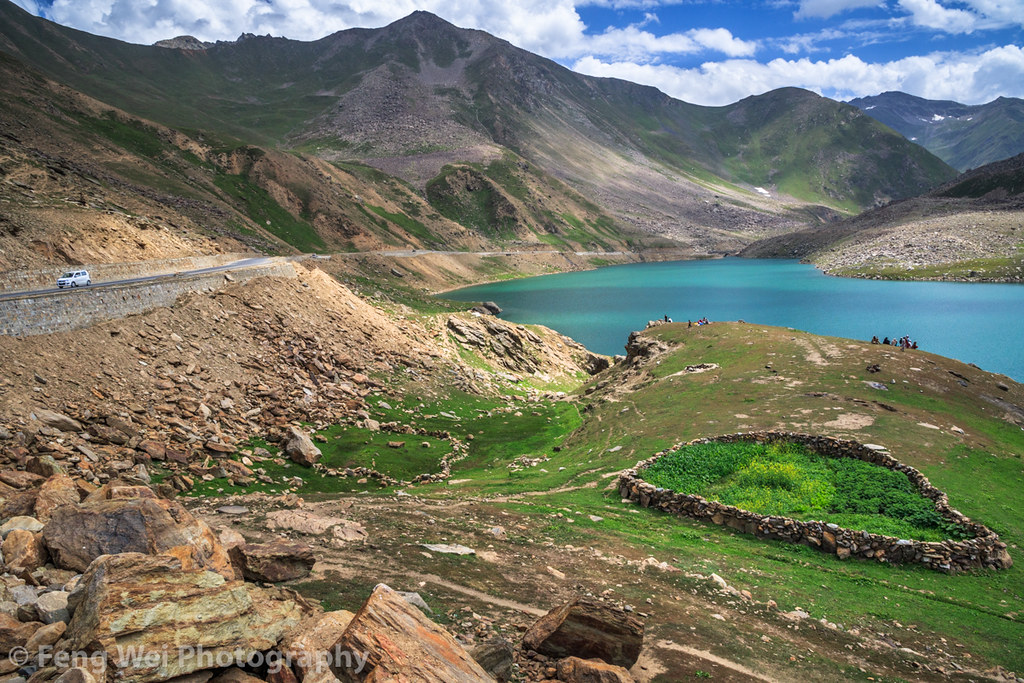Pakistan Slowly Merging Territory of Pakistan Occupied Kashmir With Khyber Pakhtoonkhwa

In 1947, Jammu and Kashmir merged with the Indian Union. Due to invasion of Pakistan there was a war and the resulting ceasefire together with UN involvement, the State got divided into three parts.
PThe first was the Indian State of Jammu& Kashmir, the Second was the Pakistan Occupied Kashmir. The third part an area of c.28,000 square miles which was separated by Pakistan from Gilgit area and instead of being controlled by Muzaffarabad it was taken under the direct control of Pakistan.
In contrast to Indian state of Jammu and Kashmir the Pakistan Occupied Kashmir had to under more divisions. The territory of Gilgit Baltistan was further mutilated geographically.
2,000 square miles of the territory was given to China as part of the Sino-Pakistan Agreement in 1963. Thus making China too an illegal occupier of Indian territory. This bifurcation was illegal even as per Maharaja Hari Singh’s State Subject Rule of Jammu and Kashmir of 20 Apr 1927.
In an open letter addressed to various Kashmiri organisations of Jammu and Kashmir, some people of Gilgit Baltistan have said, “Be it the United Nations resolutions, the Karachi Agreement of Apr 1949, the constitution of Pakistan, the judgements of Pakistan’s apex courts or the freedom seeking organisations of Jammu and Kashmir and even according to the viewpoint of those political parties of POK committed to accession with Pakistan; the territoryof Gilgit Baltistan is a compelling part of the State of Jammu and Kashmir. No part can be separated from it and gifted to China or merged with any of the States of Pakistan.
The territory of POK which is being administered by Pakistan, is a “compelling part of the state of Jammu and Kashmir” and Pakistan’s status is only that of an assumed supervisor that has no right to change its borders. Pakistan’s status here is that of an assumed supervisor and it has no right to change the borders of this territory,” the letter stated.
Laying emphasis on another important issue addressed as a “dangerous game”, the letter further said, “This game involves the adjacent borders of POK with KPK (Khyber Pakhtoon khwa ) a province in Pakistan which meet the State (of Jammu and Kashmir)’s borders at various geographic points. For the past 71 years, KPK has been subtly encroaching into POK.
“At the first instance, interference took place in the district of Diamer through occupation of the land by people of Basha ( KPK). The Pakistanis with backing of their government successfully encroached up to 30 kilometres into POK territory. If this area had remained with us POK, then KPK would not even have a claim on Diamer Basha dam at all,” the letter added.
“”In the second stage, the area of Chitral in KPK which is adjacent to district Ghizer (in POK) encroached into the latter area where the historic polo ground of Shandur is situated. Here, the Chitral scouts with the help of FC (Frontier Constabulary of Pakistan) occupied this ground. Shandur boasts the world’s highest polo ground and tourist resort. This area is the State of Jammu and Kashmir’s third Northern province’s historic part, whose (geographic) boundaries were (mutually) agreed upon (and settled) by Maharaja of J&K,” it stressed.
The letter was addressed to the leaders of Jammu and Kashmir National Awami Party (JKNAP), Jammu Kashmir People’s National Party (JKPNP), Jammu Kashmir Liberation Front (JKLF), Jammu Kashmir National Student’s Federation (JKNSF), Kashmir National Party (KNP), United Kashmir People’s National Party (UKPNP), Jammu Kashmir National Independence Alliance (JKNIA) among others.




